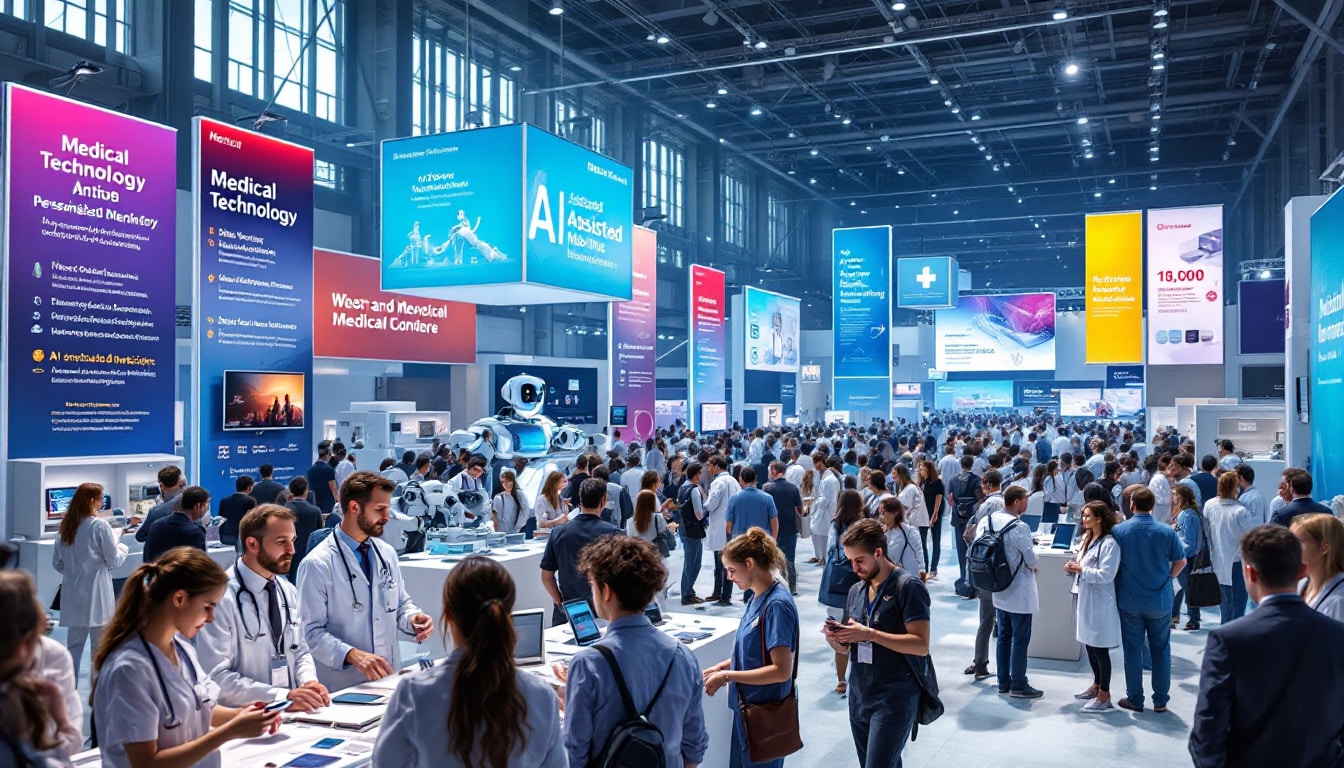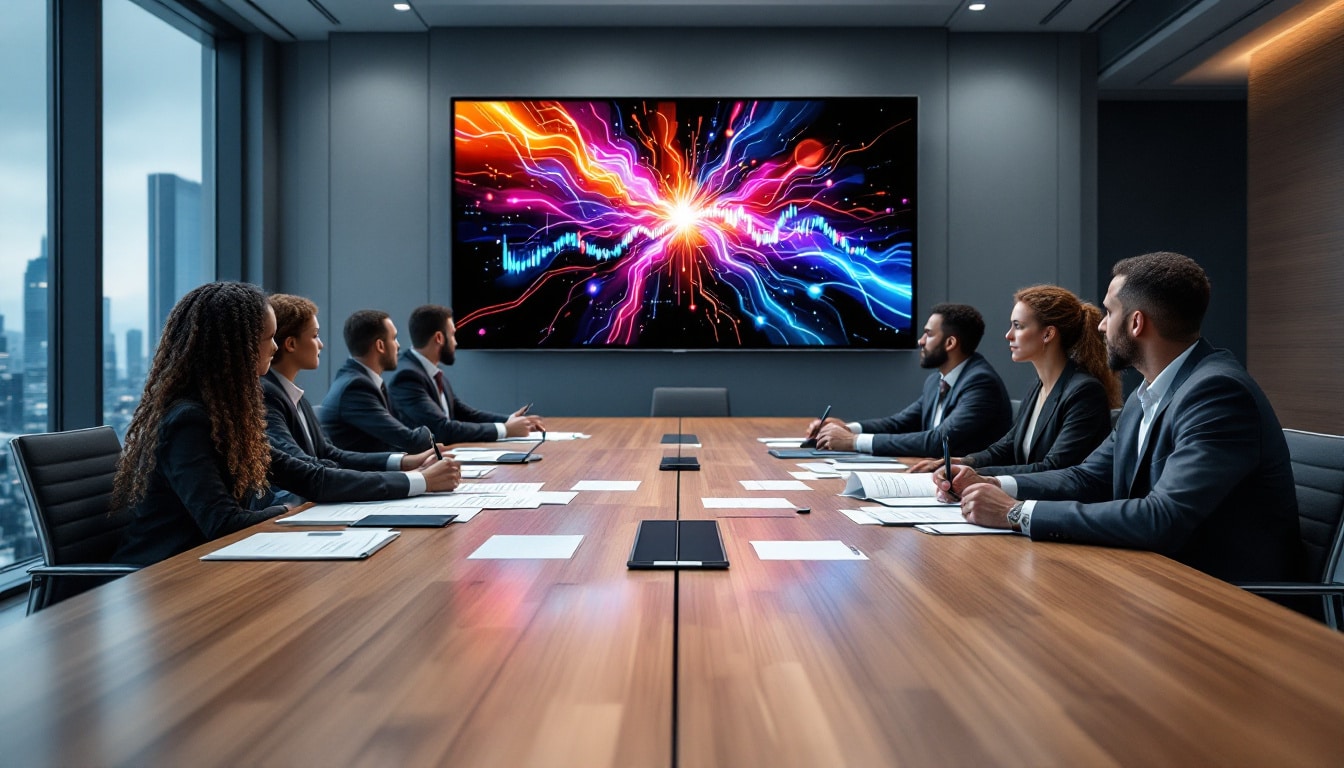Recent discussions within the legal community reveal growing anticipation for upcoming negotiations over user fees for over-the-counter drugs. These discussions could provide valuable insights into the Trump administration’s approach to regulating medical devices. Lawyers in their recent webinar highlighted the importance ofartificial intelligence and diagnostics issues, signaling a potential bipartisan agreement on oversight of these technologies. The evolution of this legislation could therefore have significant implications for medical technology innovation and patient safety.
In a recent webinar, lawyers highlighted the importance of upcoming negotiations over over-the-counter drug fees. They believe these discussions could provide valuable insights into the incoming Republican administration’s approach to regulating medical devices. In addition, areas such as the regulation ofartificial intelligence and diagnostics are also likely to be monitored, with the possibility of a bipartisan agreement on AI oversight.

lawyers anticipate medical device regulation under trump
Medical law attorneys brace for significant change in medical device regulation , in connection with fees for using over-the-counter medications. This development is crucial as a new Republican administration seeks to reevaluate fees andregulation surrounding the healthcare industry. Anticipation of an agreement on these fees could shed light on the direction that the regulation of medical devices will take, particularly in terms of security and of distribution .the challenges of user fee negotiations
Discussions around user fees aim to clarify how
drugs over-the-counter will be treated within the US healthcare system. Lawyers say a consensus on these fees could increase transparency and influence the certification medical devices. Simplified regulation could also encourage innovation within this sector, making medicinal technologies more accessible to patients. potential impact on the medical industry
The prospect of a new fee agreement could also have interesting implications for the
competition in the medical industry. This would create an environment conducive to the emergence of startups , thus strengthening the dynamic of innovation. Lawyers predict that these adjustments could promote partnerships betweencompanies technologically advanced and government entities to optimize the process of bringing medical devices to market. Recent debates around
user fees for over-the-counter medications take on considerable importance in the context of the regulations that will emerge under the Trump administration. Lawyers and industry experts agree that negotiations planned for the coming year could offer valuable insights into how the new government will approach the complex issue of regulation of medical devices . This pivotal moment could alter the healthcare innovation landscape, prompting market players to adapt their strategies accordingly.Collaboration between sector players and policy makers will be crucial to establish a regulatory framework that promotes the emergence of innovative solutions while guaranteeing patient safety. The integration of new technologies, in particular
in diagnostic procedures, also raises thorny questions about regulation, with the potential for bipartisan agreement on oversight of AI-related technologies. This could ease some restrictions, while ensuring that quality standards are maintained. As we move toward these discussions, it is critical to monitor signals from authorities to understand how
regulations could be oriented and how this will affect both medical device producers and patients. Anticipation of greater clarity on the issue of user fees could also spur additional investments in innovation, making the sector more dynamic and responsive to emerging public health needs.














